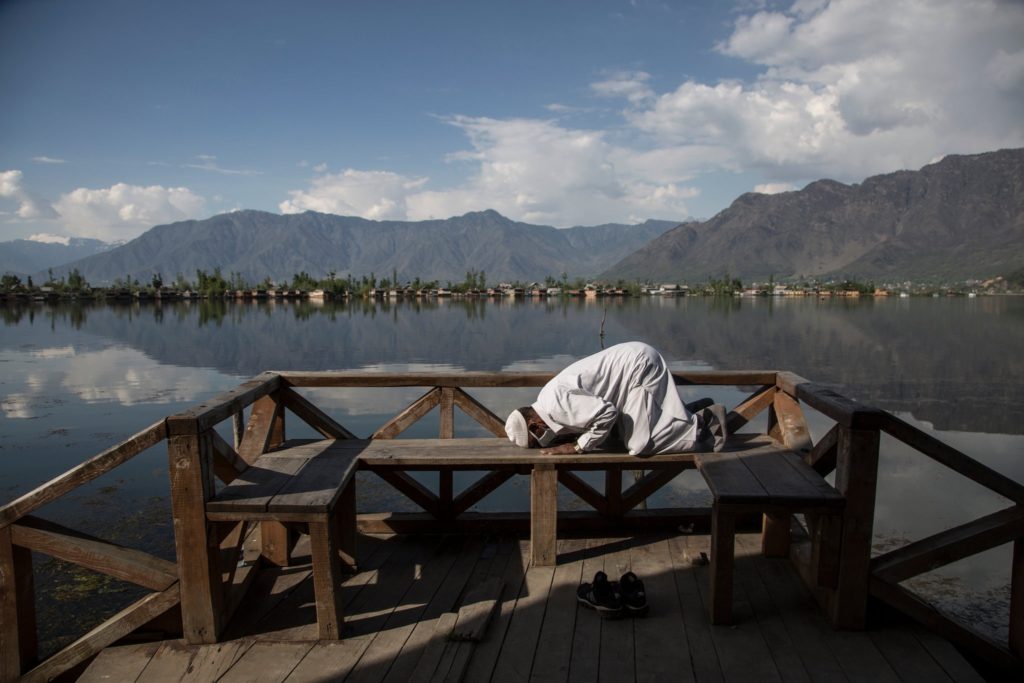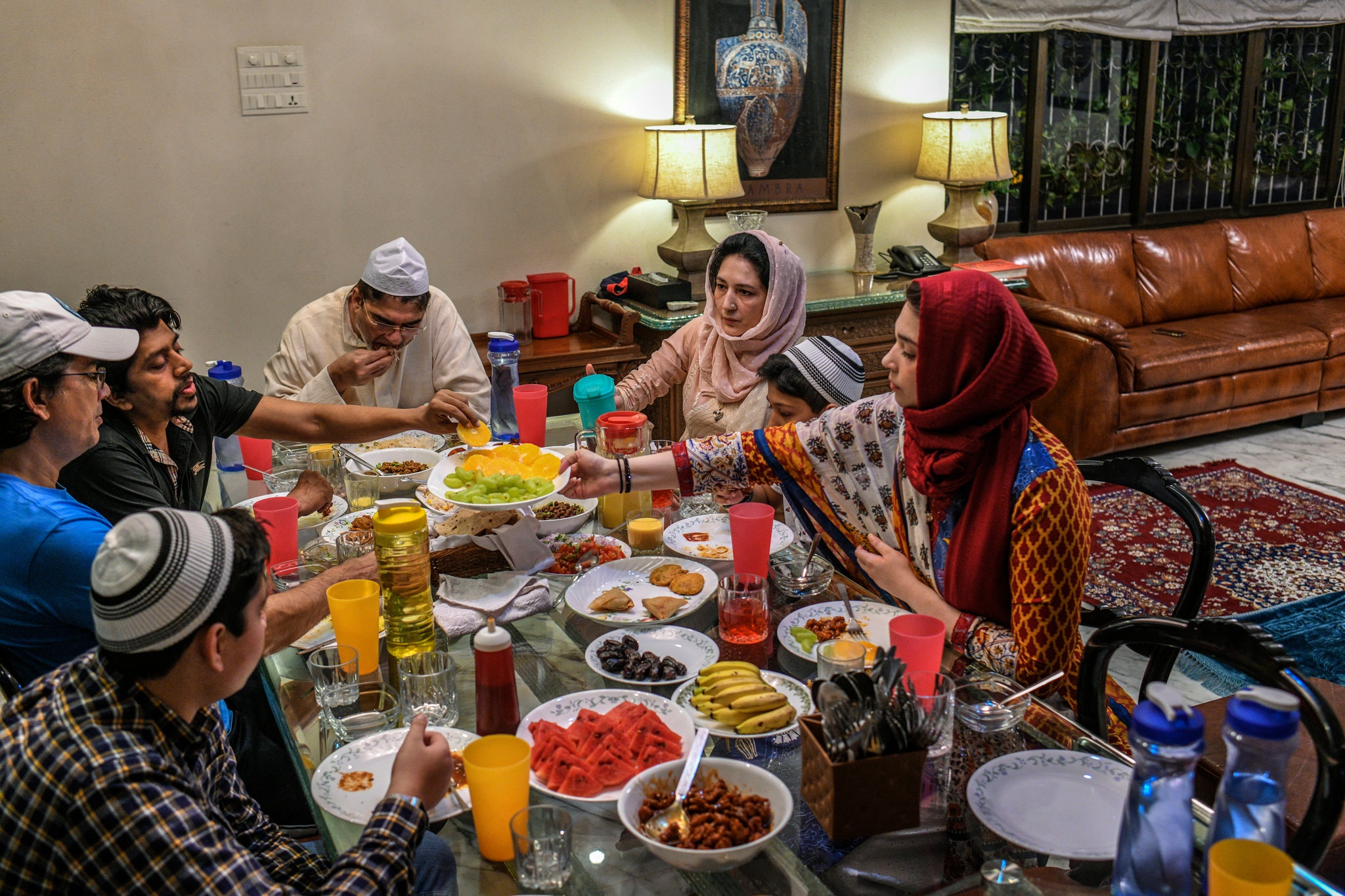By A. Helwa
It was in the month of Ramadan that the Qur’an was revealed as a guidance for humankind.” (Qur’an 2:185)
“Fasting blinds the body in order to open the eyes of your soul.” ~Rumi
The Qur’an was revealed to the Prophet Muhammad in the lunar month of Ramadan on the mysterious Night of Power, said to be “greater than a thousand months” (97:3). To celebrate the miracle of the Qur’an, Muslims spend the entire month of Ramadan in a state of self-purification, abstaining from food, drink, smoking and sex from dawn until sundown. The word Ramadan comes from the Arabic root word ramad, which means “heated by the intensity of the sun” or “burning,” reminding us that the purpose of Ramadan is to burn the sins that veil us from the omnipresence of God. The word for fasting in Arabic is saum, which comes from a root word that means “self-restraint.” In essence, fasting is about mastery over the self. When we are asked to retrain the ego, our addictions reveal themselves, giving us the awareness needed to break free from them. When we can no longer dull the pain of our emptiness with outer forms, we are forced to search for the root of our longing.
When we fast, we are withdrawing the resources of energy from our physical senses and redirecting our focus toward spiritual awakening. As Rumi says, “There is a hidden sweetness in the stomach’s emptiness…if the sound box is stuffed full of anything” the music of our souls could not vibrate into the world.

SRINAGAR Praying on the banks of Dal Lake in Kashmir. Credit: Ahmer Khan for The New York Times
In the month of Ramadan we are called to use the polish of prayer, the chisel of fasting, and the cleanser of charity to break the veils of separation between us and Allah. The ultimate purpose of fasting is to remove everything between you and God through a practice of physical, emotional and spiritual detoxification.
“Fasting is prescribed for you as it was prescribed for those before you, that you might remain God-Conscious.” (Qur’an 2:183)
Ramadan is known as the month of mercy and love, when Allah’s forgiveness descends upon the entire Earth, realigning soul from the fire of separation toward the embrace of the Divine. The month-long fast during Ramadan is not meant to be a hardship, but to foster gratitude and thankfulness in the believer’s heart, for Allah having sent human beings divine guidance through the Qur’an. During the month of Ramadan, it is believed that God rigs this month in our favor, facilitating the turn from creation to the Creator by thinning the veils between Heaven and Earth. It is said that it is in this month that the angels are sent to Earth and the spirit of God descends to our universe, embracing the world with a divine mercy that intimately encompasses everything. Ramadan is not only seen as a time of retreat – it is a strength training for the soul. The real test of a successful Ramadan is not just in fasting every day,, giving charity, and reading the Qur’an – the real test of success is who you are the week after Ramadan is finished.

MUMBAI An iftar before evening prayers. Credit: Atul Loke for The New York Times

This blog is an excerpt from A. Helwa’s recently published best-selling book, “Secrets of Divine Love: A Spiritual Journey into the Heart of Islam.” Her book is available on Amazon.com
#1 Best Seller
About A. Helwa
A. Helwa believes that every single person on Earth is deeply loved by the Divine. She is a writer who has inspired hundreds of thousands of readers through her passionate, poetic, and love-based approach to spirituality. Her popular blog @quranquotesdaily, was established while obtaining her Masters in Divinity, as a means of helping others overcome personal and spiritual struggles on their journey of experiencing divine love.
With over 15 years of experience writing and speaking on Islam and spiritual development, A. Helwa draws from her personal experiences and traditional sources to help her readers access ‘Divine love in everyday life.’

